The 2024 Texas 10
Since 2011, the Alcalde has asked alumni to submit nominations for the Texas 10 teaching awards, forming a cohort of the most excellent professors at The University of Texas. Get to know the 10 newest winners below.
Photographs by Matt Wright-Steel
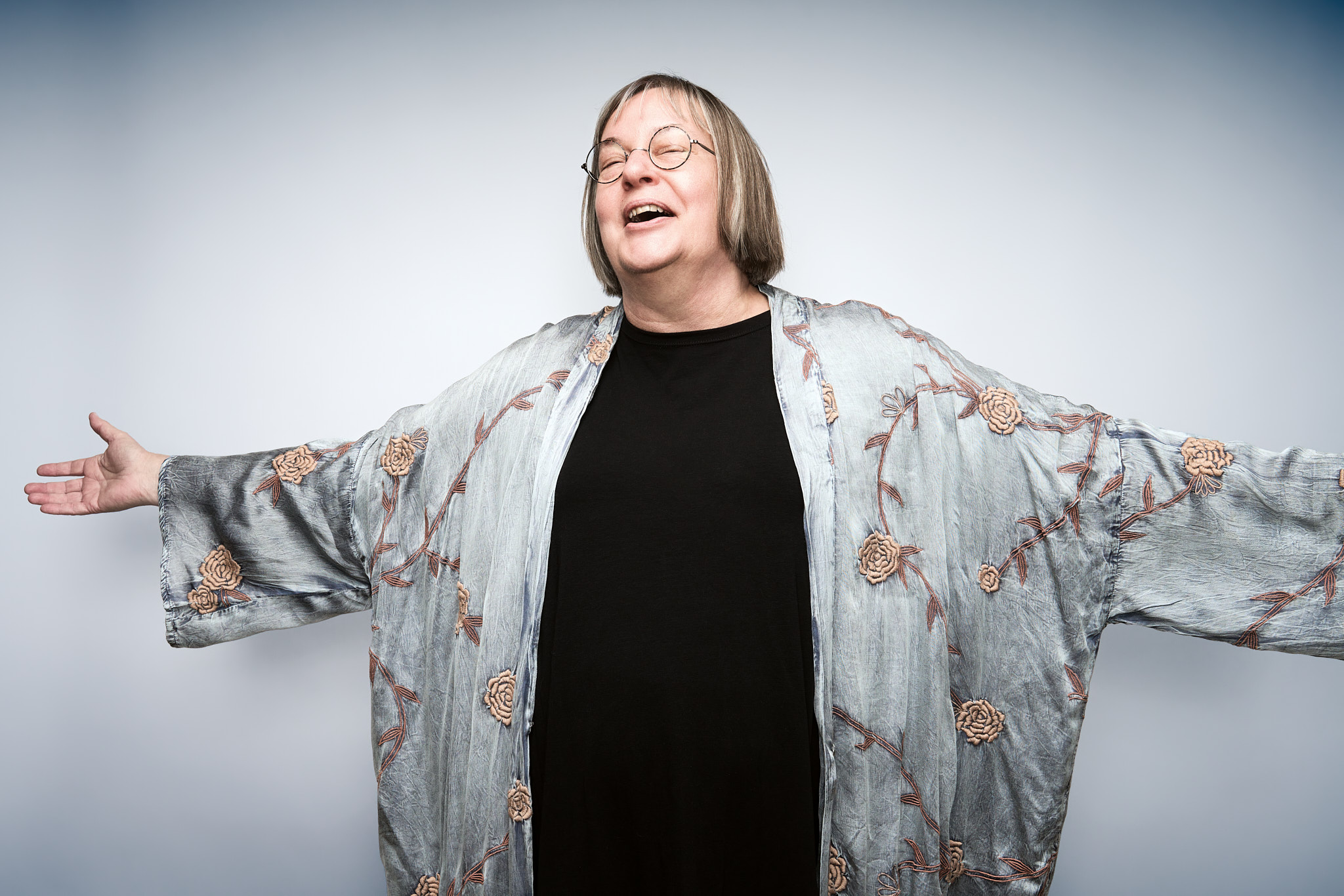
Kathy Fuller-Seeley
William P. Hobby Centennial Professor of Communication, Department of Radio-Television-Film, Moody College of Communication
Kathy Fuller-Seeley always wanted to be a professor. But when she graduated from college in the 1980s, she thought it was going to be impossible. “History PhD grads were driving taxis,” she says. “There were no jobs.”
After five years working at a college textbook publisher, she was able to attend graduate school, where she had to face the dreaded task of picking a dissertation topic. She said to her adviser, “All I’ve studied is southern political history, so I guess I’ve got to do southern political history.” To which he responded, “How boring ... What’s your passion?”
Fuller-Seeley had known her passion since she was around 11 years old and saw a PBS program showing black-and-white silent films featuring Charlie Chaplin and the gold rush. “[Film history] became my odd hobby that no one quite understood,” she says.
After finishing her PhD and teaching on pop culture in the history department at Virginia Commonwealth University for 10 years, she got the opportunity to switch to media studies at Georgia State University. And then about 11 years ago, the chance to teach at The University of Texas made her gasp. “That I could be at a place like UT, wow—that had such famous historians and such a vibrant media studies program,” she says.
When she teaches “Development of Film and Media,” Fuller-Seeley always starts the semester with the question: “How many of you hate history? Come on, be honest.” Her goal is to flip the attitude around history classes by telling stories about people instead of just teaching facts. She wouldn’t have it any other way.
“I feel very lucky to not only do a job,” she says, “but also to so enjoy the research and writing and teaching and mentoring.”
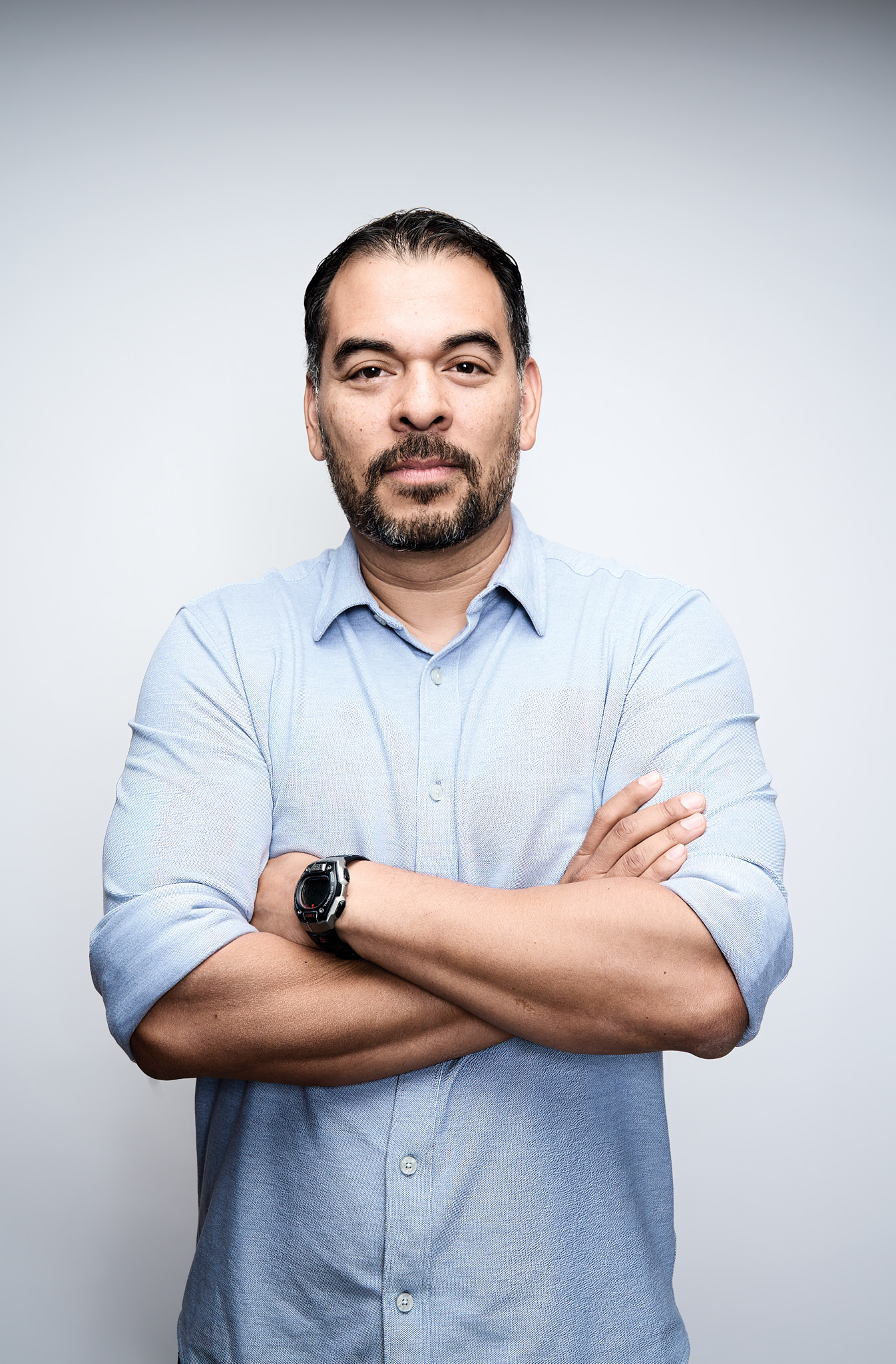
David Quintanilla, BA ’03
Assistant Professor of Instruction, Department of Business, Government & Society, McCombs School of Business
Business law and ethics professor David Quintanilla is a jack of all trades—and master of all. He is a lawyer, has owned restaurants, worked in health care, and even ran for political office. But Quintanilla truly found his calling as a teacher.
“It was Jan. 17, 2017, that I found my dream job. And that was the day that I walked into the classroom,” he says. “I was there for all of two minutes. And I said, ‘This is what I want to do for the rest of my life.’” Even when he spends the day off—working in his home garden on a cloudy and chilly day, his favorite weather—he wishes he was at work instead.
When he first started teaching at UT, Quintanilla says he definitely experienced imposter syndrome. But over time, that feeling has worn off—and what never faded is his pride in UT. “This is an elite institution,” he says. “The students are so bright, so talented, so hungry. And I get to do this every day.”
Quintanilla hopes his students leave his classroom with two lessons: “Every day, try not to be an asshole,” and to challenge themselves to hear new perspectives.
“I don’t take the position that it’s my role to tell the students what to think,” he says. “That’s not what I’m here to do. I’m here to challenge them to think.”
Throughout his teaching career, Quintanilla has repeatedly found that “impact” is the word that sticks with him the most, and receiving this award feels like an example of this.
“To know that there are students who have gone through my classroom who look back and say, ‘That guy helped me,’ and ‘That guy made a difference’ ... That’s what this is about,” he says. “I take a lot of pride in that, and it gives me the warm and fuzzies.”
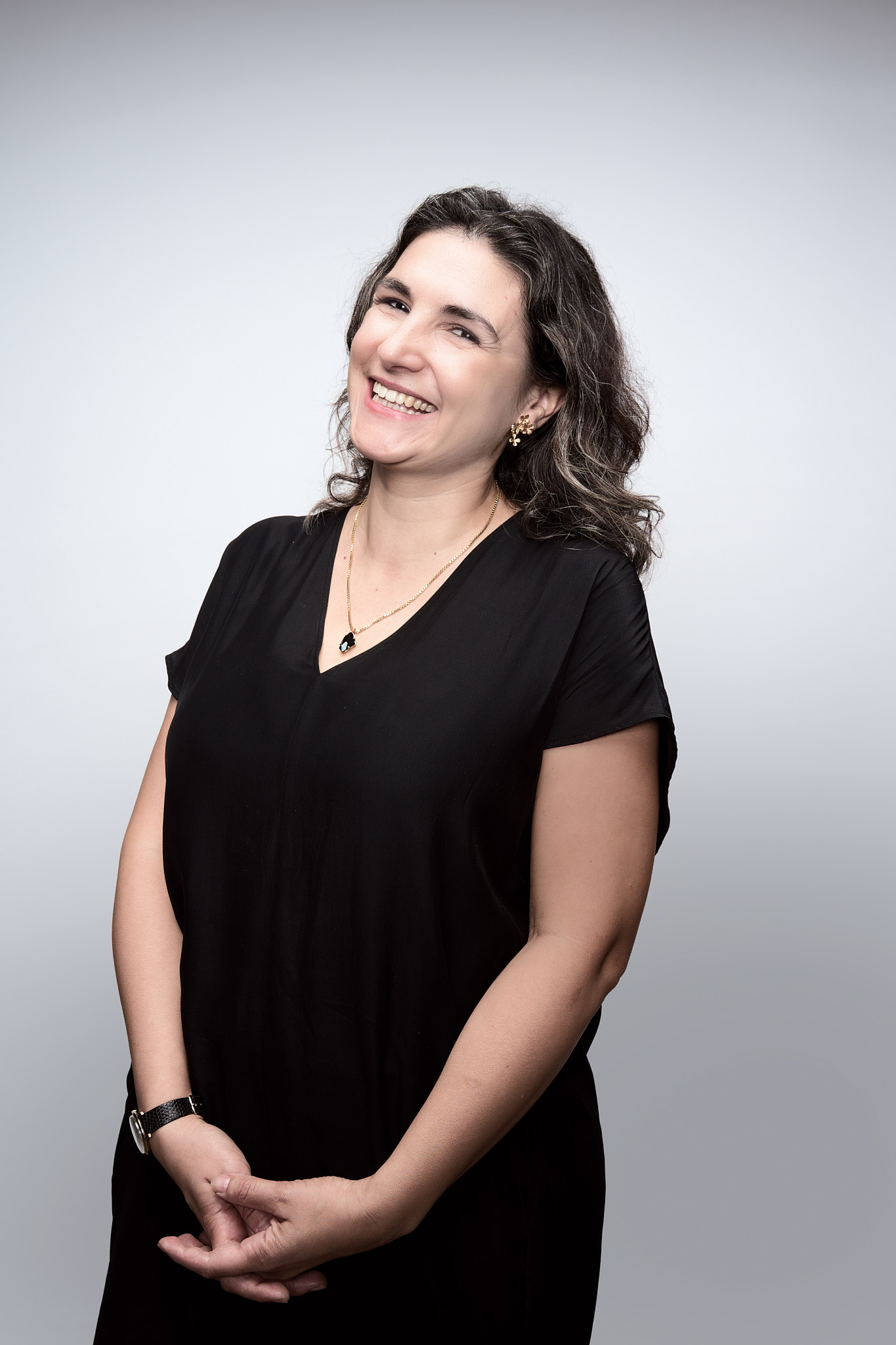
Minou Arjomand
Associate Professor, Department of English and Plan II Honors Program, College of Liberal Arts
Minou Arjomand says she wasn’t all that interested in theater while she was in undergrad. Now, Arjomand has written a book called Staged: Show Trials, Political Theater, and the Aesthetics of Judgment that explores the relationship between post-war theater and post-war court trials and asks what sort of public institution a theater can be.
“It wasn’t until I studied abroad for my junior year in Berlin and coincidentally got an internship at an opera house there that I became fascinated with theater,” she says. “[The performances were] staged in ways that felt so much more both aesthetically challenging and experimental, but also politically relevant.” She says she has always found herself interested in pulling together seemingly disparate categories of study, such as activism and the arts.
Arjomand hopes students can walk away from her class understanding how to navigate art spaces across Austin—especially the lesser-known, more offbeat locations. “I think that’s so much of what gives Austin its energy as a city, and helping students connect with that sort of energy is really important to me,” she says.
When asked about what receiving this award meant to her, Arjomand says she appreciates the affirmation. “It’s really thrilling because often you walk out of the classroom, and it’s a little bit like leaving a theater performance,” she says, “where you have a lot of energy the moment that you walk out, but you don’t always know how much it’s resonated or how long it stays with students. To be nominated by a student who was reflecting back on their time at UT is incredibly meaningful for me.”
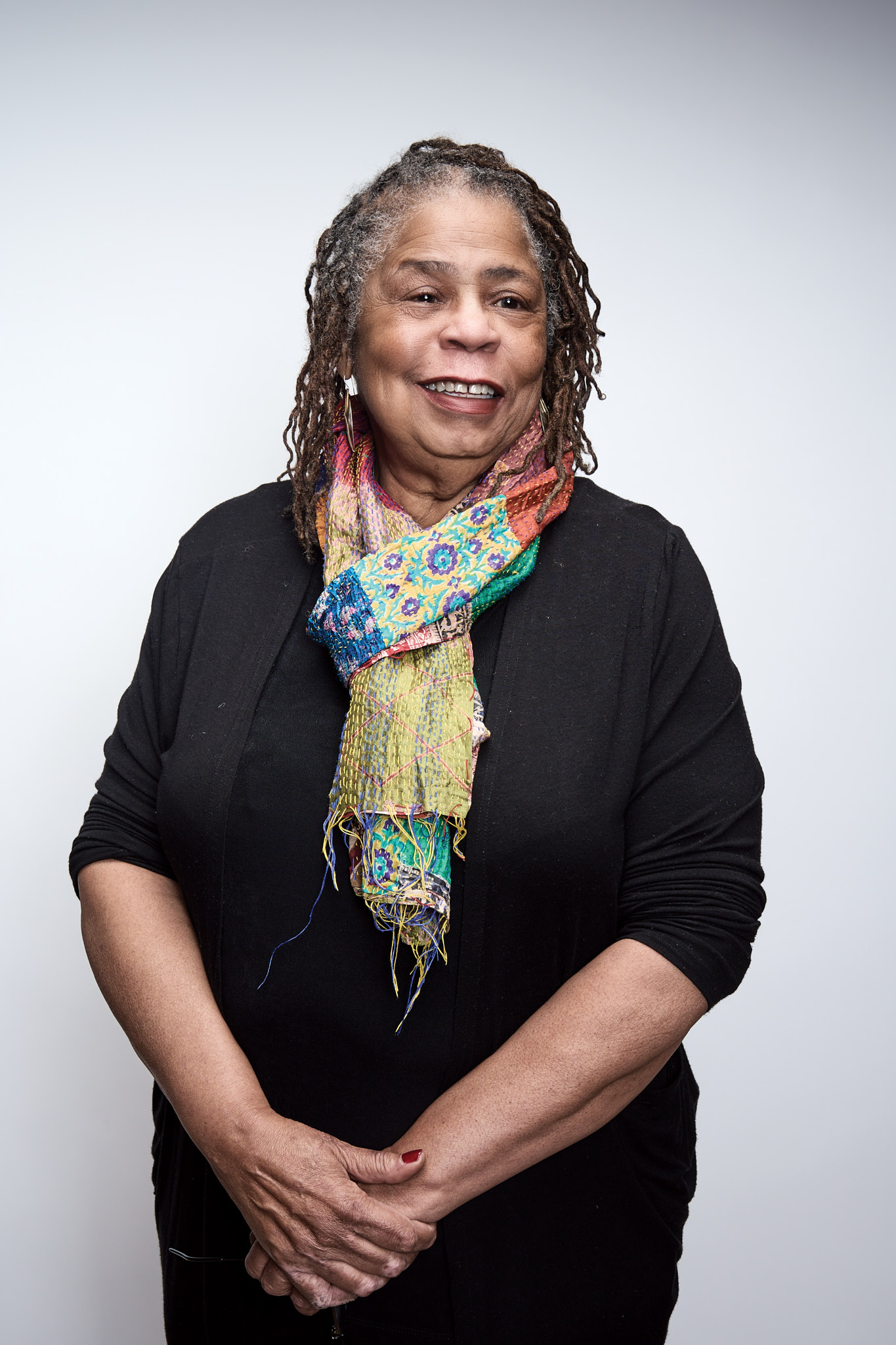
Erna Smith, BJ ’77
Lecturer, School of Journalism and Media, Moody College of Communication
Erna Smith says her time moving around while her dad was in the military taught her to be a journalist at a young age.
“I was constantly moving and always having to learn new things,” she says. “So I was always having to be a reporter wherever I went. And it actually appealed to me—this idea of going around, talking to strangers, and being in new environments all the time.” Becoming a journalist was really just a continuation of being a military kid, she says.
Smith attended UT herself in the ’70s, when there was a lot of upheaval happening in the world and on campus. She considers her experience at the University at the time a “mixed bag.”
“On one hand, there were these great little things that happened that kept me going and taught me the value of mentorship and being true to your friends, who your friends really are,” Smith says. “On the other hand, there was this alienating experience of being in an environment that overall was so very white, very conservative, and ... just kind of a hot mess.”
Smith views her teaching career at UT as validation of her “survival” from the University of her youth. And she said she did see many positive changes, even though she didn’t venture far beyond the journalism school.
“There are a lot of people out there who have good hearts, and many are much more open when I was here as a student,” she says.
And even further validation is receiving an award like this, she says.
“Teaching to me is one of those things where you really don’t know how good a job you did until years later,” she says. “You get an award like this, and you realize, Oh, somebody was listening; somebody was appreciating the effort; somebody was empowered. It means the world to me.”
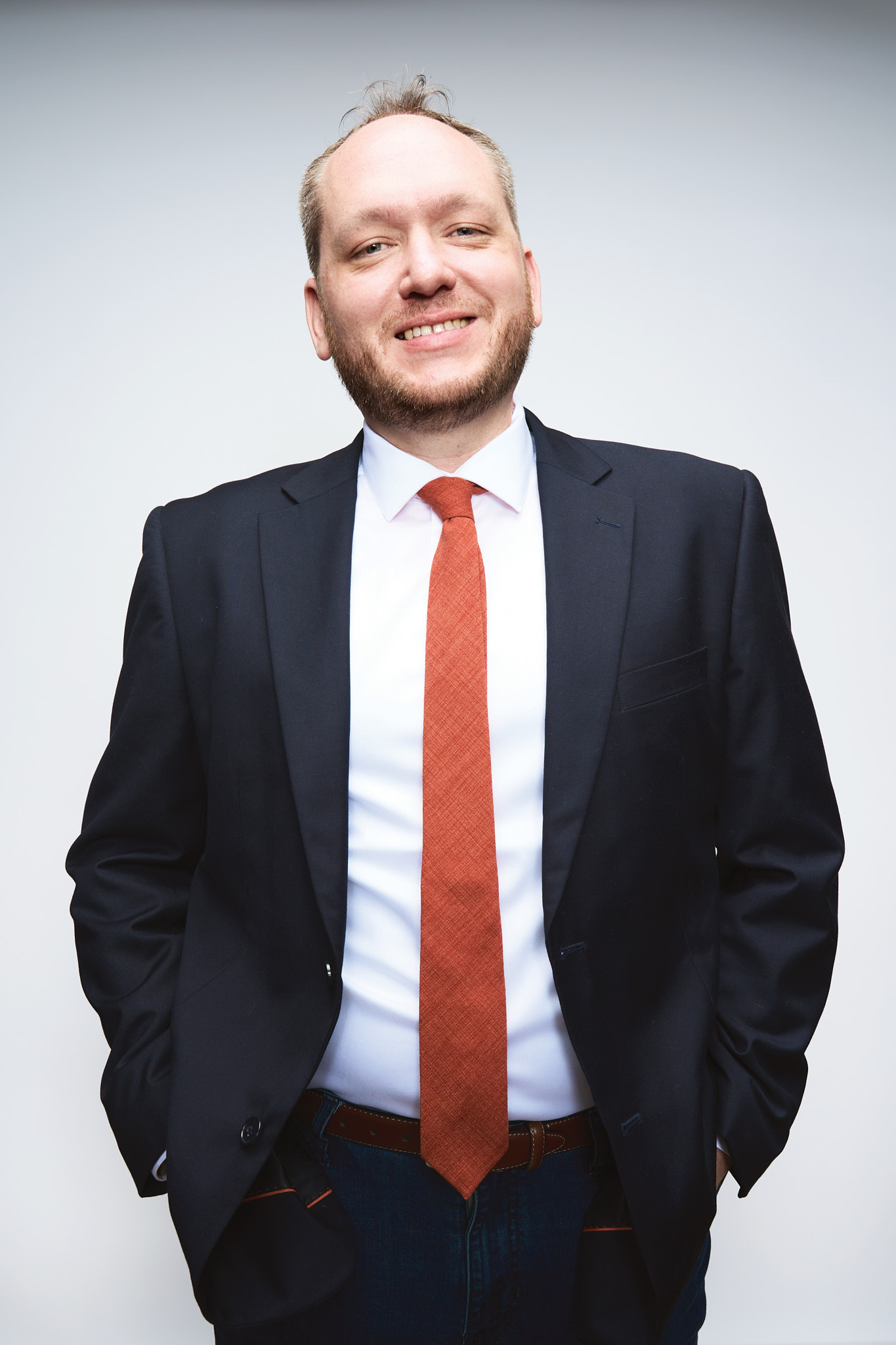
Korey Pereira, BS ’11, Life Member
Assistant Professor of Practice and Area Head for Audio, Department of Radio-Television-Film, Moody College of Communication
When Korey Pereira was a student at UT, he sat in the exact same class that he now teaches: “Post-Production Audio.”
“The really unique thing about UT and what drew me here originally as a student, is this sense of belonging, and a sense of family,” Pereira says. “It’s a long-established University that just keeps getting better as I think our alumni network continues to grow.”
After graduation, Pereira began working locally in Austin on audio-related projects. Through steady connections, he found himself in the Hollywood scene, eventually winning a PrimeTime Emmy for his sound work in Strangers Things’ fourth season.
“The great thing about being professional-track faculty [as opposed to tenure-track] here is it enables me to still work in the field, then be able to take that knowledge and bring it back into the classroom,” he says. “I feel like my students really appreciate me being able to work on an episode of Stranger Things or Law & Order, or the new Spy Kids film, and be able to talk about that experience in the moment.”
Pereira says the best part about teaching is seeing his students launch their own careers.
“It’s probably the greatest moment when you can go to an awards show and have a former student nominated alongside you. There’s really nothing else like that,” he says. “It makes it feel that much more worth it.”
Learning from his own experience, Pereira emphasizes to his students the importance of networking. One of his nominators even credits him with helping to launch their own career.
“I can confidently say that I would not be where I am today professionally without [Pereira’s] guidance and kindness along the way,” Matt Lennon, MFA ’21, wrote in to the Alcalde. “He’s a great professor, mentor, friend, and colleague. I cannot recommend him enough for this honor.”
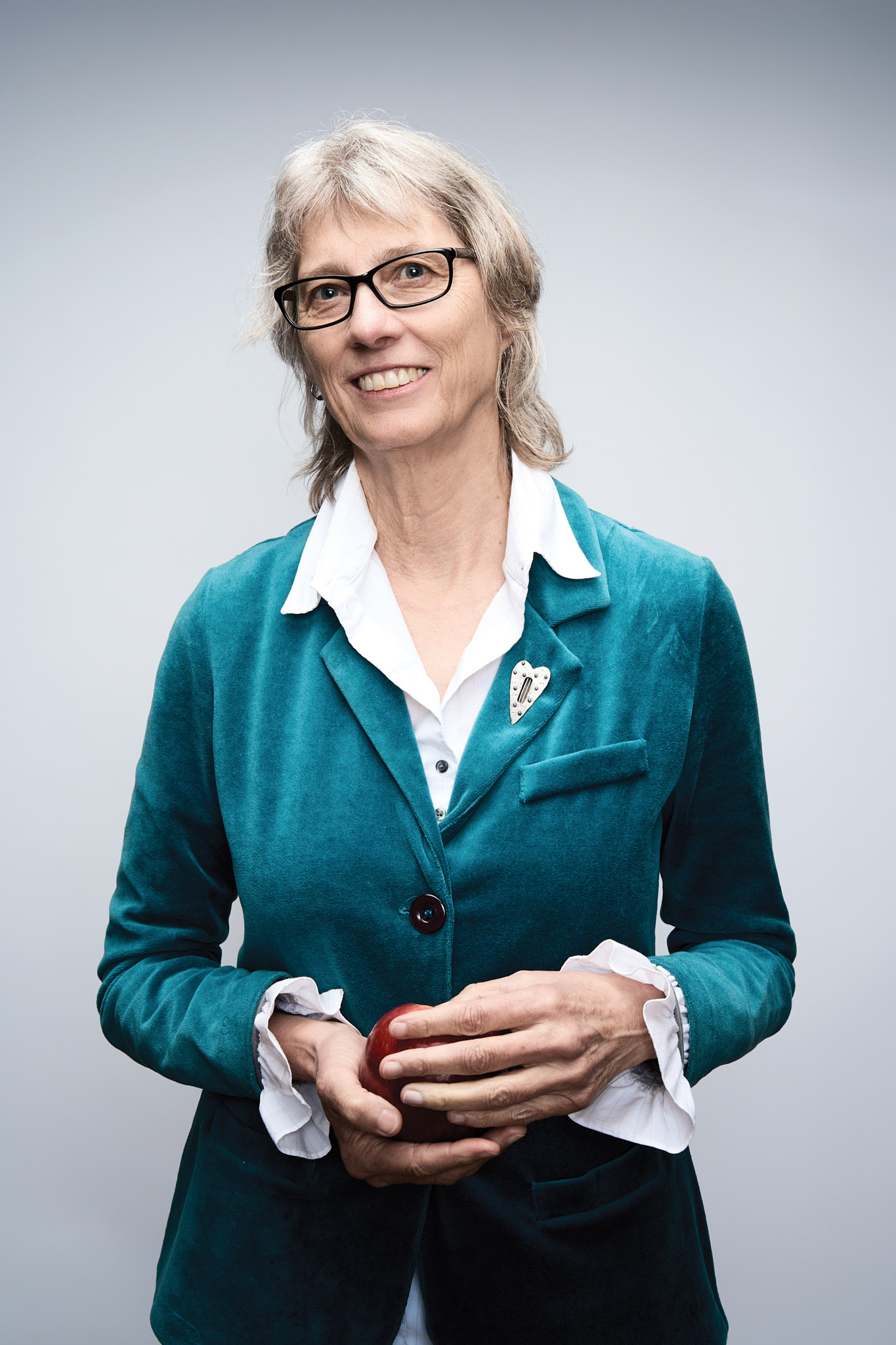
Christine Williams
Elsie & Stanley E. (Skinny) Adams, Sr., Centennial Professorship in Liberal Arts, Department of Sociology, College of Liberal Arts
Christine Williams thought that taking a job at UT would be no different than her job at the University of Oklahoma. (We, too, were more than slightly hurt by this assumption.)
“I had stereotyped the southwest as being all the same,” says Williams, who moved all over as a military kid and went to school in California. But as soon as she came to Austin, she says, “I immediately knew that it was a special place where I wanted to be.”
Williams teaches a class called “Sociology of Gender,” and her research focuses on gender, sexuality, and workplace inequality. When asked how she got into this specific field, she connects it back to her childhood.
Williams’ mother was a kindergarten teacher, and her father was an Air Force pilot. “There couldn’t be two more gender-stratified occupations in the world,” she says. “My mother’s primary responsibility for the domestic world limited her employment opportunities as they expanded my father’s opportunities.”
Williams tries to have her students write notecards at the end of each semester responding to the questions: What were you glad to learn in this class? What did you appreciate about someone in this class? What authors would you like to thank for their work?
She shared some of their responses with the Alcalde, including one student who wrote: “I appreciate Dr. Williams for having such honest conversations while keeping some lightheartedness. I think that’s very special. I appreciate her for giving everyone the space to speak.”
These responses speak to Williams’ goal of providing an open space for hard conversations. “What we’re trying to do is explain how perspectives stem from different social locations,” she says, “and to get people to be able to unpack these ideas or hegemonic beliefs in terms of the interests that
they serve.”
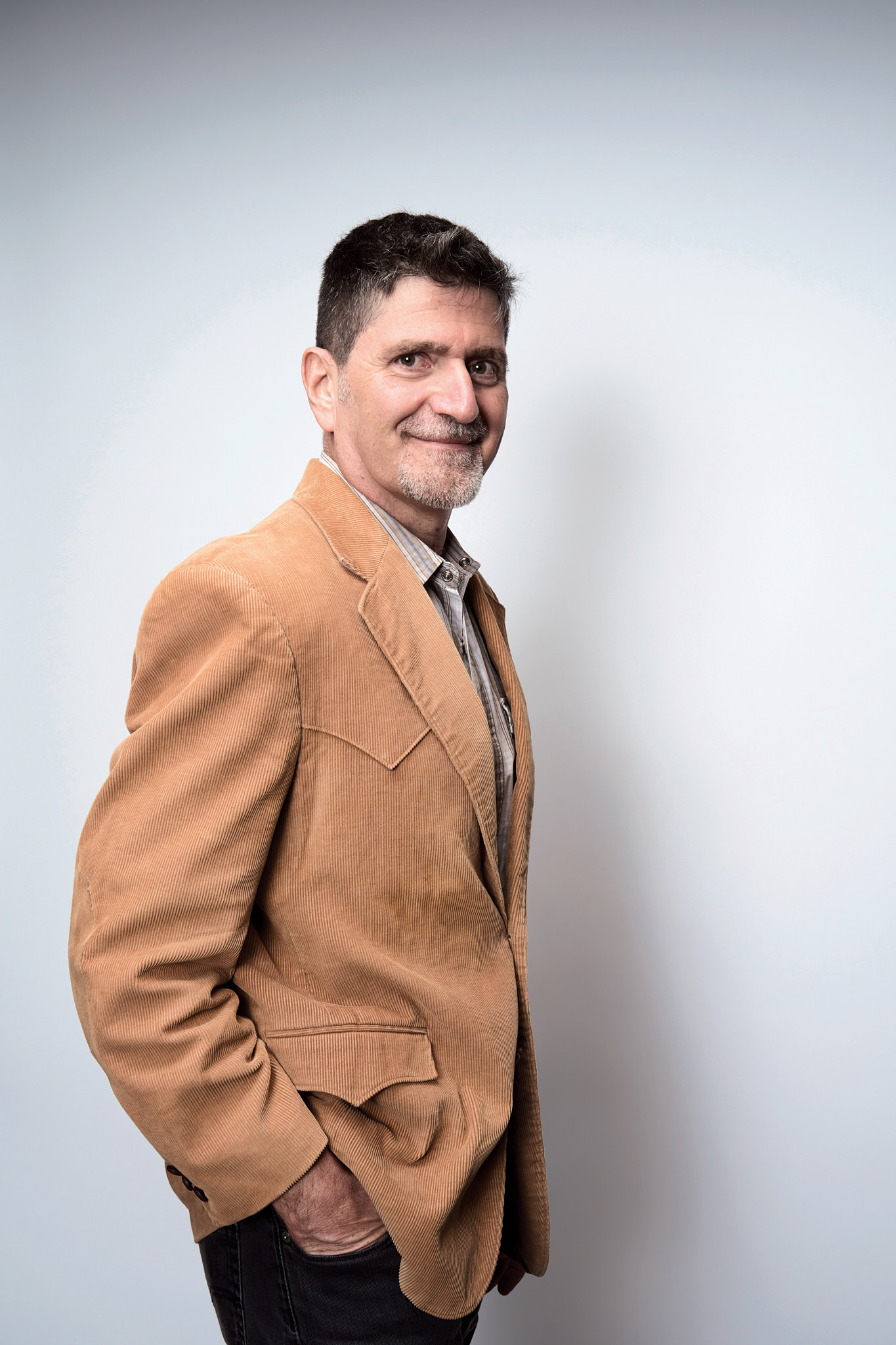
Nassos Papalexandrou
Professor and Graduate Adviser, Department of Art and Art History (Greek Art and Archaeology, Near Eastern Art), College of Fine Arts
Nassos Papalexandrou says if he weren’t a professor and researcher, he might have been an actor.
“There is a performative aspect to teaching, when one wants to engage more students than the default dedicated few,” he says. “But I didn’t pursue [acting] because research was always very appealing.”
Papalexandrou’s archaeological research focuses on the art and culture of historic Greece. He describes UT as his first real job and says he loves being a part of such a large research university. “[UT] is a treasure mine in so many aspects,” he says. “One needs a lifetime to realize how much wealth of materials, resources, collections, and art is in this University.”
Papalexandrou participated in archaeological excavations at a young age, experiences which he calls serendipitous. He was curious, explored wherever he could, and embraced opportunities to learn. And now, he loves to share about his travels with his students.
Papalexandrou says his favorite type of student is the curious kind, those who consider themselves lifelong learners. And according to one of Papalexandrou’s nominators, it’s clear that he falls into that category, as he embraces new perspectives from his students.
“He did not come to class with the intention of simply lecturing us. He genuinely wanted to hear students’ (sometimes opposing) viewpoints,” wrote Montserrat Hernandez, BA ’22, Life Member, for whom Papalexandrou also served as thesis mentor. “He does not tell you what you need to do as if it is law. He guides his students to create the best work they can in their own unique ways.”
When asked what he hopes his students take away from his class other than the material, Papalexandrou says: “Respect for humanity. No matter where or when humanity exists.”
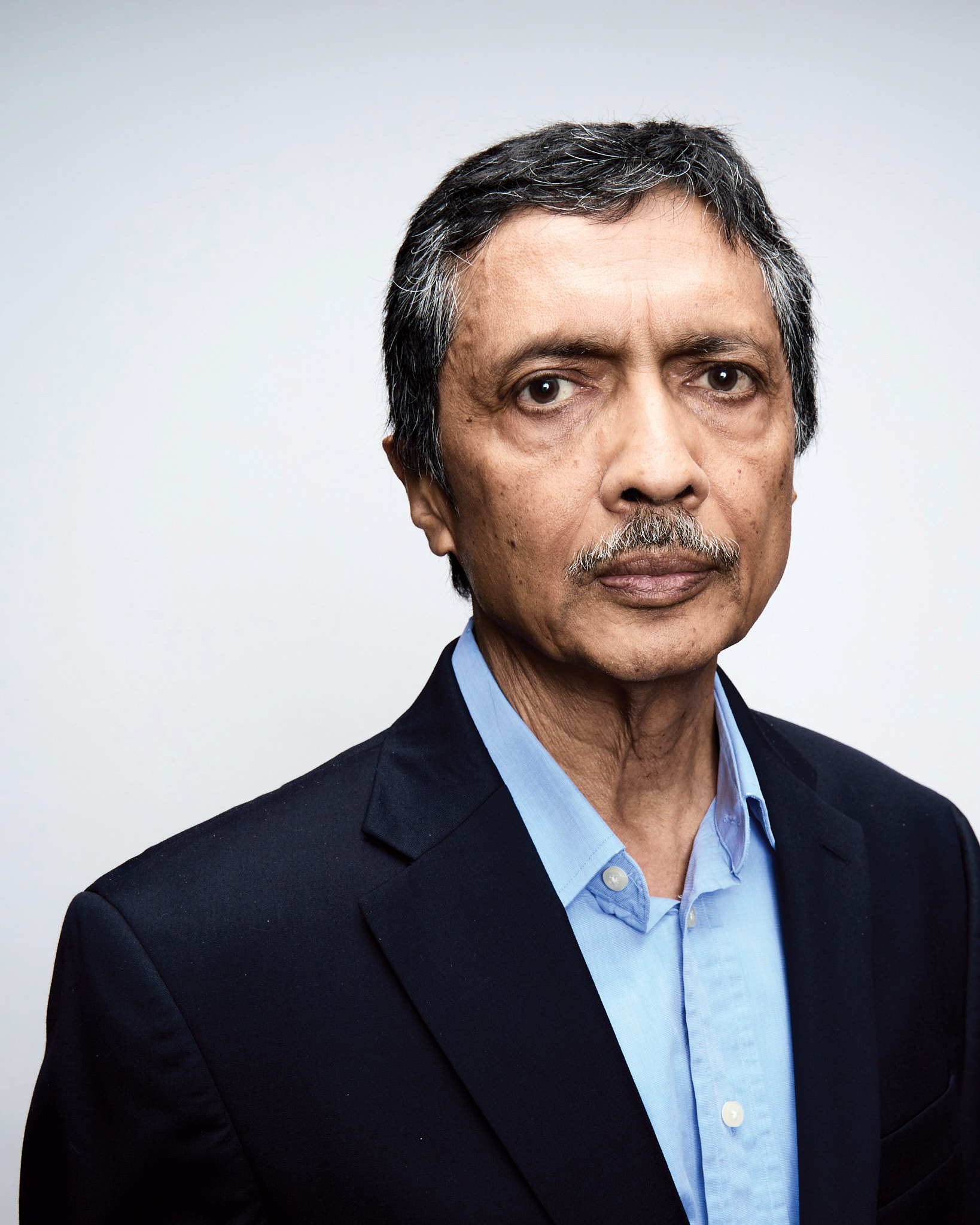
Shyamal Mitra, MA ’83, PhD ’88
Associate Professor of Instruction, Department of Computer Science, College of Natural Sciences
Shyamal Mitra has made a commitment to do two things for the rest of his life: to always keep learning, and to be a grouch, the latter of which he says with a grin on his face.
Mitra has a background in astronomy and physics which tends to confuse people, since he’s in the computer science department.
Based on some computing experience from his post-doc work, Mitra was asked to teach a computer science course in a programming language he had never learned before, two weeks before the class would start. He accepted with no planned notes, lessons, or experience teaching computer science. As the semester progressed, he learned the material right alongside the students, parsing it to the deepest level so that he could turn around the next day and teach it.
“I was exceptionally afraid that students would find out I knew nothing,” he says. Now, Mitra embraces the opportunity to teach classes he is less familiar with, because he loves to learn at any opportunity he can.
While studying at UT, he also embraced the opportunities the University provided to keep absorbing more and more material. He says the dean of students had to essentially kick him out of the doctorate program by giving him a year to finish his studies; otherwise, he says he would have stayed and kept taking classes.
Mitra says he loves the intellectual energy at UT and being surrounded by such intelligent people. And one of his favorite parts about the computer science department is that the building was designed so that no office is bigger than another, and there are no corner offices—everyone is equal.
He tries to cultivate that same energy in his classes by making his students more culturally aware. Every class has a participation quiz with a unique access code. The access code is always the name of a composer, poet, playwright, philosopher, piece of artwork, or more, to open the eyes of students beyond the class’s lecture topics.
Mitra looked back at some of the previous winners of this award and found himself feeling humbled.
“It was like that ugly duckling suddenly finding that he’s in the midst of swans,” Mitra says, “and he is one of them.”
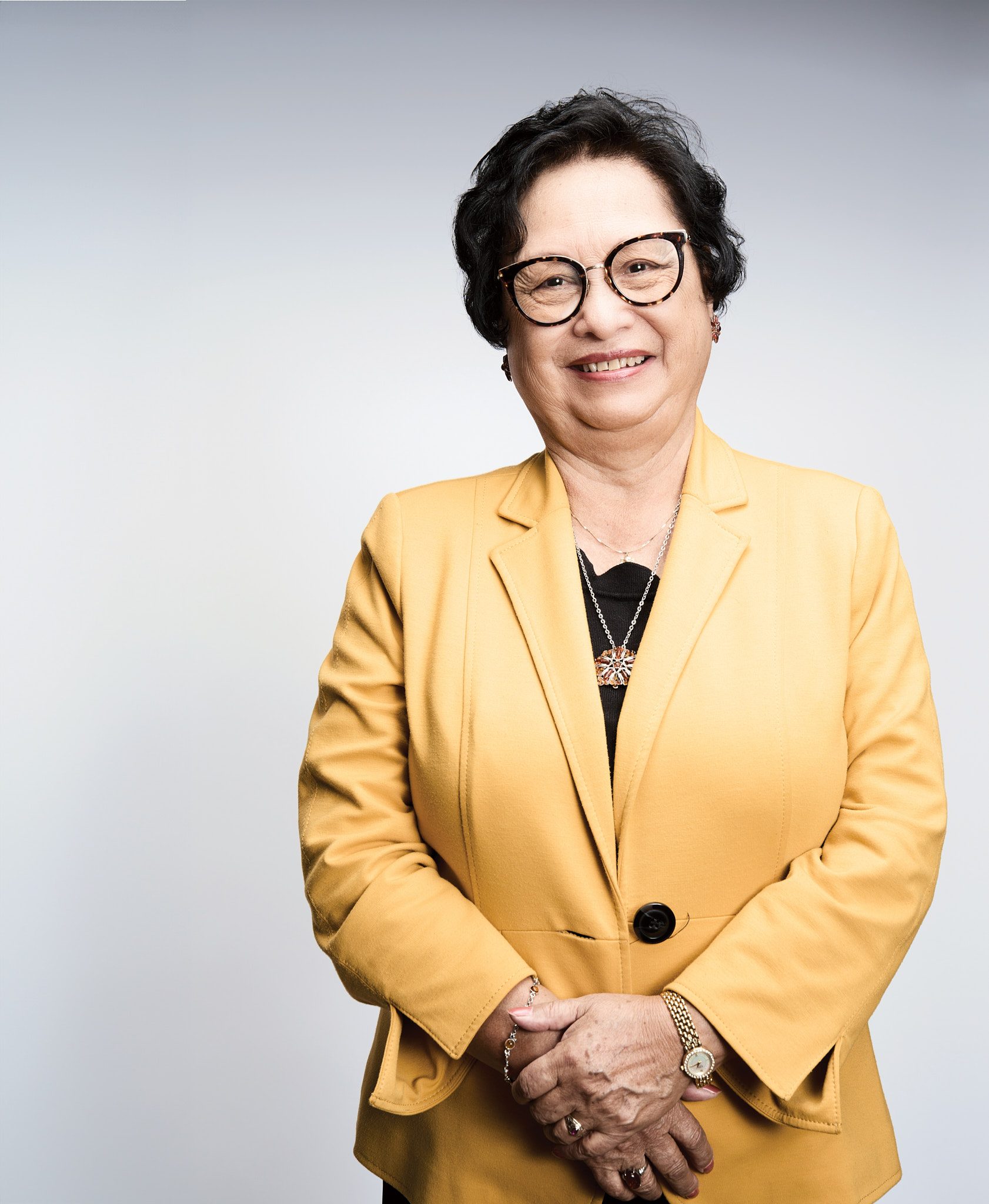
Martha N. Ovando Villanueva
Professor Emeritus, Department of Educational Leadership and Policy, College of Education
For Martha N. Ovando Villanueva, teaching is her passion. She has taught all grade levels except kindergarten, but she likes to joke with her graduate students that teaching them is like finally working with kindergarteners.
Even after retirement from the classroom, Ovando Villanueva still advises doctoral students in instructional leadership, which she sees as a critical role in education. “By teaching [educators], we’re touching the future, because we’re preparing leaders for tomorrow, not just today,” she says.
Ovando Villanueva loves watching her students go on to do great things and flourish in the field, though she is no stranger to success herself. Once she started teaching at UT, she became the first woman to get tenure in her department, then the first woman to move from associate professor to full professor—and then the first female graduate adviser. And now, in retirement, she has become the first female emeritus professor in her department.
“I tell some people that I bleed orange,” she says. “I love UT. UT has been excellent to me.” And the best part of the University, she says, is building relationships with the students.
“I have been fortunate to be able to develop very close relationships with several of my doctoral students, and those relationships remain across time and space,” she says. “Someone said, ‘Once you’re a student, you’re a friend forever,’ and I think I really practice that, but I also strongly believe in that.”
She says this award means the world to her. “I am really humbled, and I appreciate this recognition,” she says. “Not only because I didn’t expect it, but also because once you retire you think, People will forget about me. But this nomination really touched my heart.”
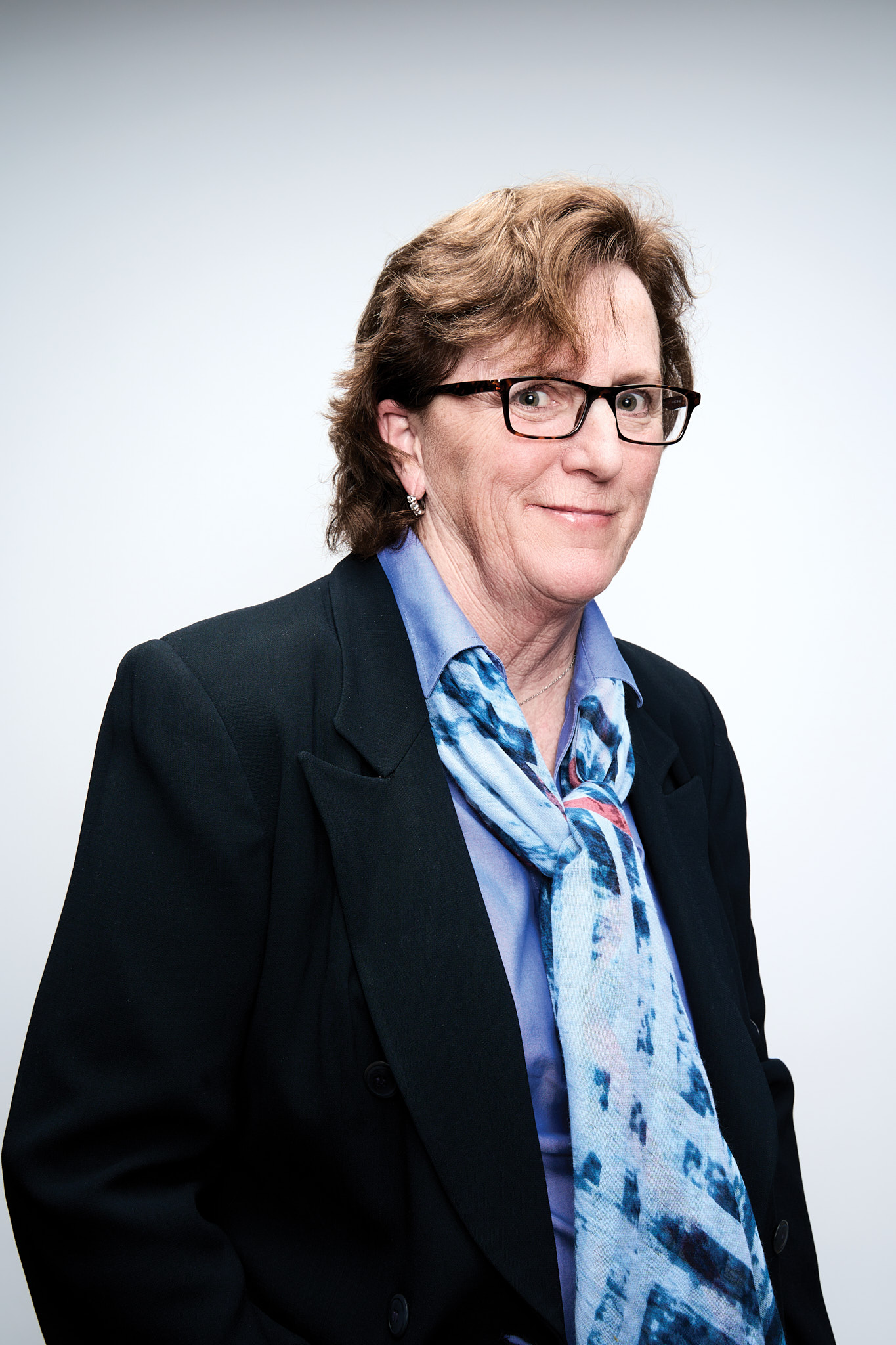
Maureen Fitzgerald
Assistant Professor of Instruction, Department of Kinesiology and Health Education, College of Education
Maureen Fitzgerald—or “MoFitz,” as her students affectionately call her—draws in the attention of every person in a room, a useful characteristic for a coach and teacher.
A kinesiology professor in the online graduate sport management master’s program, Fitzgerald is a strong believer in Billie Jean King’s mantra: “Pressure is a privilege.”
“If you’re going to be a good coach, you have to help people reach levels that maybe they never knew they were capable of,” she says. As an athlete herself, she brings her “addiction to competition and accountability” to both coaching and teaching (and her son, Conor, would say to grading as well).
She recognizes herself as a harsh grader but, at the same time, values high pressure on her students to make them the best they can be.
“Fitzgerald made me comfortable being uncomfortable, putting me in situations where I had to challenge myself academically while maintaining who I was at my core,” wrote Steven Vaughn, MEd ’21.
While she jokes that she thinks those who nominated her were expecting it to be a posthumous award, Fitzgerald says she is humbled and honored, especially as she thinks back to her roots as a first-generation student herself.
She says the students who stand out the most to her are those who outwork everyone around them, and those who are capable but lack encouragement or confidence.
“I always tell Conor, ‘There will always be people smarter than you,’” she says. “‘You just have to outwork them.’”





